Recently I read a self-help article on choosing happiness. In it, the author faced incredible difficulties dealing with the illness of a family member.
The Self-Help Industrial Complex
He said he worried, but one day “woke up,” realized his anxiety was useless, and immediately eradicated all his “negative” thoughts. Instead, he chose to focus on the good things in his life. This story embodies the ethos of happiness and the Self-Help Industrial Complex. Let me elaborate.
Prayers of Gratitude
Thinking positive is fantastic. It’s something I practice daily. I focus on my blessings, which are many. I don’t dwell excessively on setbacks, I look at them as challenges. Saying prayers of gratitude when I go to bed at night and wake up every day is an ingrained habit.
Pain is Positive
Still, I don’t have any problem with experiencing a full range of emotion. I acknowledge the painful parts of my life and allow myself to think and worry about them. For me, this is a simple part of self-maintenance. It’s also integral to healing. When I recognize what’s not working, I can comfort myself and if I wish to, attempt to fix it. That’s why the so called “negative” emotions are incredibly wonderful and helpful. Pain tells us to take our hand off the hot stove. It’s a signal for instigating change.
The Process of Practicing Positivity
Don’t get me wrong. There’s nothing wrong with thinking positive. In fact, it carves neural pathways that help us lean towards good things in the future. That’s a great practice. Yet, it’s only that, a practice. There’s absolutely nothing wrong with you if you can’t change your life outlook in a day. We practice being positive, the way a monk practices meditation. The practice changes the monk’s brain,1 calming it over the years. It’s a lifelong process.
Choosing Negativity?
There’s another issue with happiness and the Self-Help Industrial Complex. This motto, “choosing happiness” implies that those who aren’t happy choose not to be. Oh goodness. If life were only that simple. Do you think the majority of people who aren’t happy will themselves not to be? Sometimes things happen that aren’t awesome. And it’s ok to think about them. It’s a good thing!
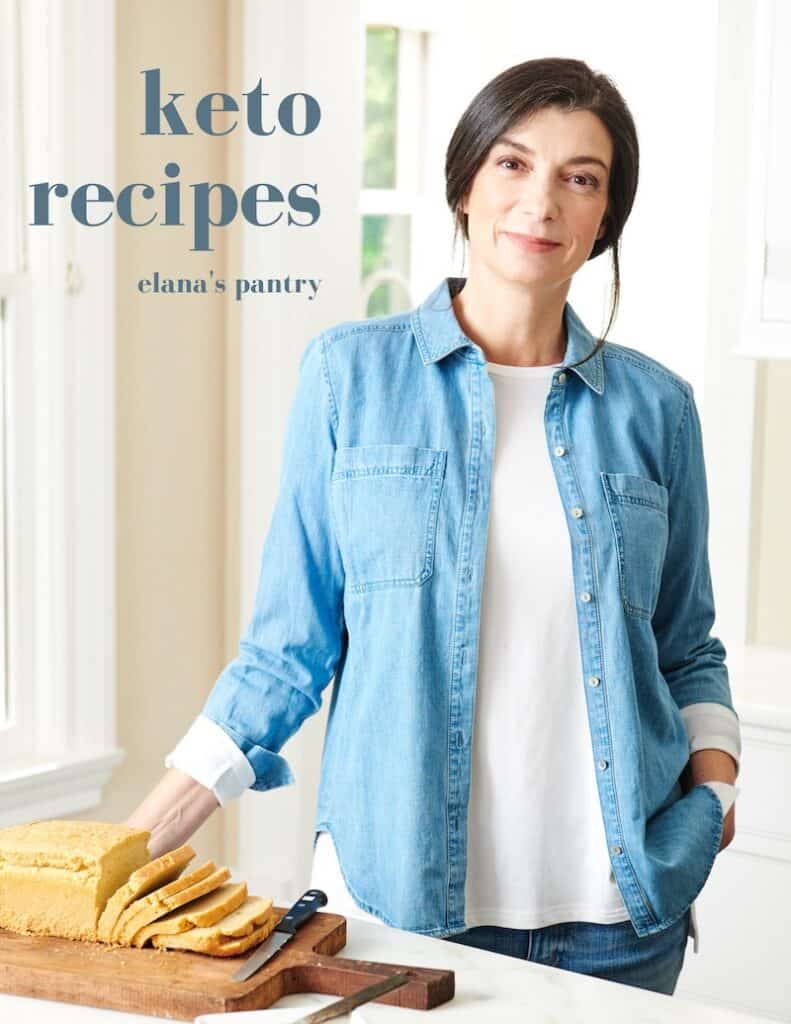
Free exclusive eBook, plus recipes and health tips, delivered to your inbox.
Life Is All Unicorns and Rainbows
So the next time you focus on something “negative,” it’s ok to let yourself do so without judgment. Because it’s simply amazing that we can experience a range of emotions. Life isn’t always unicorns and rainbows!
America the Anxious
In her book, America the Anxious, Ruth Whippman points out that thinking we should be happy all the time is turning us into a nation of nervous wrecks. She coins the term “the Happiness Industrial Complex” and provides an insightful and in-depth analysis of it. Hers is one of my favorite books of the decade and I highly recommend it.
Self-Help vs Self-Attack
Being happy is an organic emotion, not a mindset. Along those lines, do you blame rather than comfort yourself when you’re in a funk? Are you perpetually “working harder” on being happy? The self-help culture’s obsessive focus on happiness can often lead to the opposite: self-attack.
What Are Your Strategies?
What are your strategies for overcoming challenging times and situations? How do you support yourself, so that you’re not under pressure to be relentlessly positive and happy all the time?
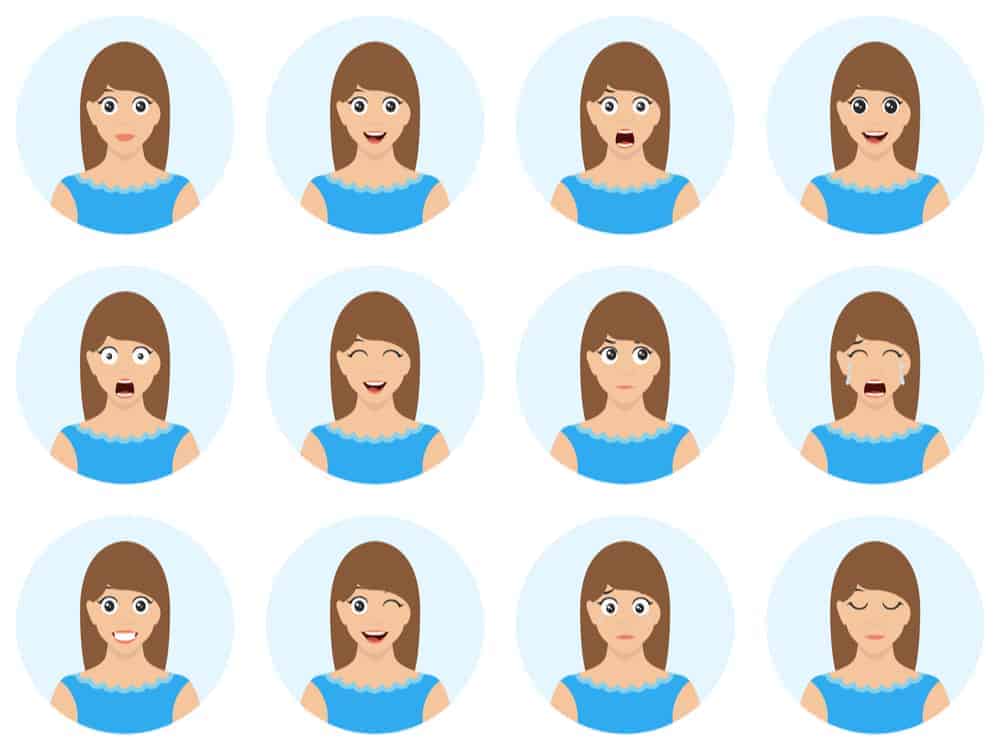
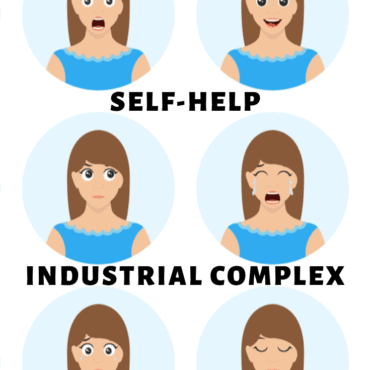
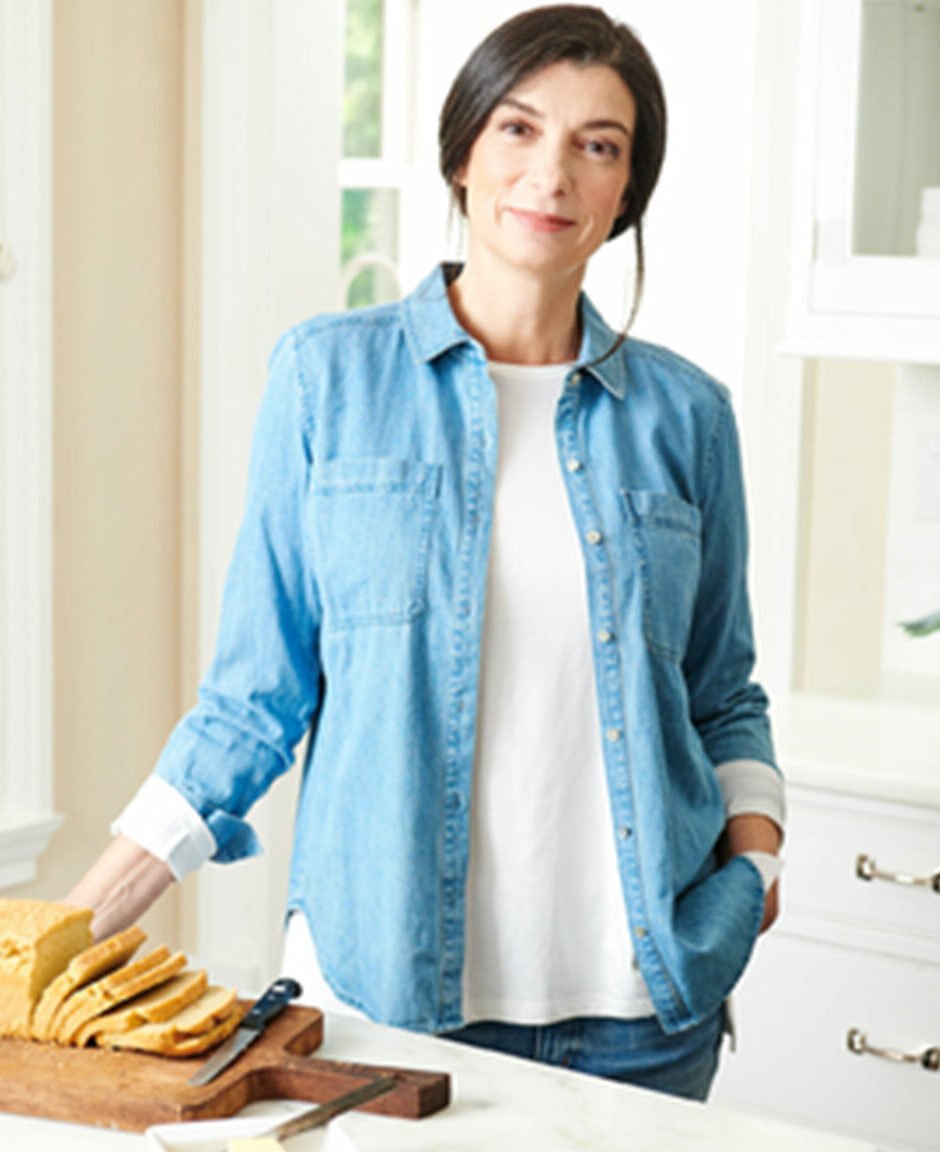
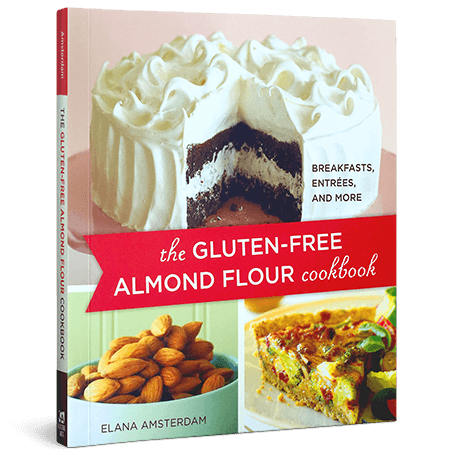
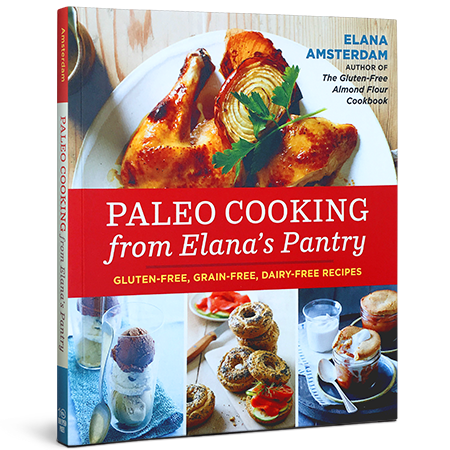
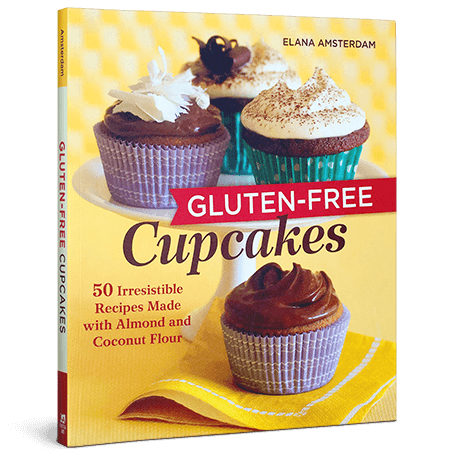
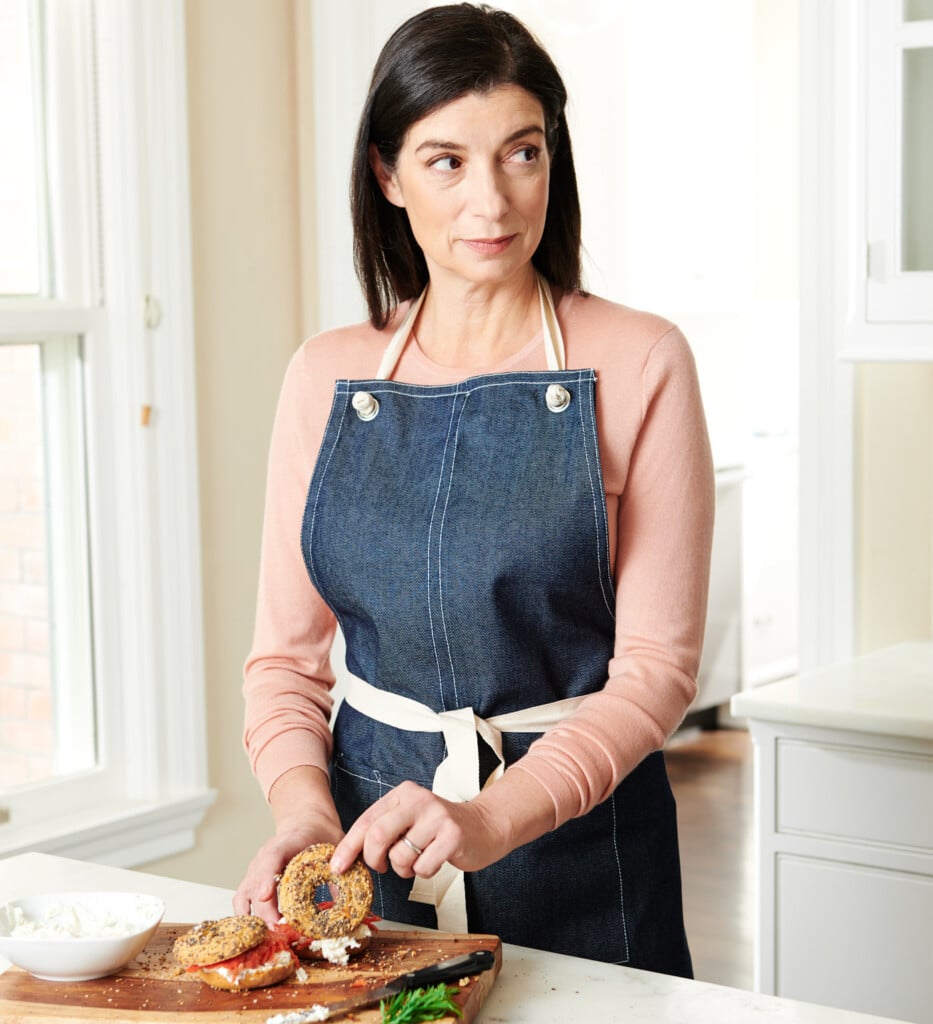
Ann says
Hi Elana
I recently started Annie Hopper’s DNRS program for retraining my brain. The program addresses a limbic system dysfunction and a maladapted stress response. I am using it to help with PTSD and some other chronic issues. In only a short time of starting the program, I can feel a positive shift in my thinking patterns and in my health issues. The program has helped many overcome chemical and emf sensitivities, fibromyalgia, cfs, Lyme and a host of others. It may be something useful for may of your readers that suffer from these issues. Although it discusses positive thinking, it goes much deeper and works on desensitizing the limbic system to triggers. Thank you for all that you do!
Best,
Ann
Elana says
Ann, I’ve read her book twice and LOVE it :-)
Samantha says
I love this post. I have fibromyalgia, and in the past, people have told me I was in pain because I was choosing to focus on it, that I was choosing the negative over the positive. I’ve also been told that setting boundaries so I can get the extra rest I need is choosing a negative mindset, that I wouldn’t be tired if I just thought more positively. Not so! These comments were meant to be helpful, but they were such a clueless twisting of the positivity mantra. Pain is pain; it’s how you choose to deal with it that matters. It’s okay to acknowledge your pain and your limits; it’s just part of life. I think you are a great example of what it looks like to manage chronic illness while living life to its fullest on your terms, and that’s what I am to do for myself.
Elana says
Samantha, thanks for your comment! Love what you’ve said about the “clueless twisting of the positivity mantra.” Very, very grateful to connect with you here. ❤️
Amy says
One other excellent source – Barbara Ehrenreich wrote a book called “Bright-sided: how positive thinking is undermining America”: http://barbaraehrenreich.com/brightsided-by-barbara-ehrenreich/
Her chapter on how she was expected to be continually positive through her cancer treatment was a real eye-opener.
Elana says
Thanks Amy! That book looks amazing :-)
Amy says
Years ago Leo Babuta wrote a column about quashing the self-improvement urge – it made a huge impact on me and I try to reread it as often as possible:
https://zenhabits.net/improve/
Elana says
Thanks Amy! I will check it out :-)
R says
Thanks so much for saying this all out loud. I had a difficult upbringing along with 4 siblings. I and another sib chose to face what happened and acknowledge our whole feelings about things – the good, the bad and the ugly. Other sibs chose the ‘Don’t worry be happy’ approach. They cannot face what happened. They do not acknowledge what it did to them and to us. They won’t allow themselves or us to acknowledge or express any sadness or anger about our upbringing or current experiences. [Incidentally, our perpetrator did exactly the same thing.] I want to be a whole person. I choose to feel, appropriately express and appropriately deal with all of my emotions about all of my experiences. It takes practice. Denying people appropriate practice only makes for far more serious problems [and acting out] later.
Elana says
R, thanks for sharing your wise words and thoughts. I too want to be a whole person, and I too choose to feel. Grateful for you ❤️
Lissy says
2019 has been a ROUGH year. As someone who has been diagnosed with clinical depression I get so annoyed and frustrated when people tell me I need to choose to be happy. If it was that simple don’t you think I would do that?!?! Nobody wants to feel depressed. However even when I am struggling I do try to look for positive things and express gratitude. I have been blessed with a good support system and I have had to learn to set boundries and not engage with the people who are toxic or who don’t add quality to my life. I also believe that without pain in life we can’t fully understand and feel the joy and happiness when it comes. Thank you for your article and all you do Elana!!
Elana says
Lissy, exactly! Nobody wants to feel depressed. I’m so grateful to be on this wellness path with you ❤️
Beth Gibbs says
I practice yoga which encourages us to work toward contentment with what is – to look at the good, the bad the beautiful and the ugly without judgement. Yes, that is HARD work and most of us will only get some of it right, but we are all perfectly imperfect, human works in progress. Happiness, to me, is fleeting – contentment lasts a LOT longer and keeps me from swinging hard and fast between the highs and lows. I write a lot about this on my blog: Enlighten Up! The Five Layers of Self-Awareness. http://www.bethgibbs.com/fivelayersofselfawareness.html
Elana says
Beth, thanks for your comment and your incredibly wise words. I started teaching yoga in the early 1990s and it has been very instrumental in shaping my outlook on life. I checked out your blog and am so glad you shared it. If you’re ever in Boulder I hope you’ll look me up, I’d love to get together with you :-)
Beth Gibbs says
Hi, Elana,
Thanks SO much for checking out my blog – feel free to share it with your yoga students!
You can be sure I’ll let you know if my travels take me your way! I’ve been following you and using your recipes ever since I heard your interview on public radio a few years ago. Nice to have a personal connection.
And best wishes for your yoga teaching!
Beth
Elana says
Beth, you’re welcome! Truly my pleasure to e-connect with you. I stopped teaching yoga when I had the boys, they are my yoga now. BTW, I was trained by Kripalu yoga teachers in NYC and have been there many times ❤️
Amy Gates says
Dear Elana,
Thank you for your timely article. As you well know, many people suffer anxiety and depression during the holidays. I think this mixture of cultural expectations of perpetual happiness and unrealistic expectations of life ending like a hallmark movie help fuel the fire. I think if more people are willing to express that they are sad over the loss of loved ones, stressed for money, in physical pain, worried about a loved one’s health, or just suffering angst over the world’s problems it will help them move forward to a happier and more fulfilling enjoyment of holy days. I am a firm believer that reaching out to a trusted friend, clergy member, rabbi, or counselor would be very beneficial to the holiday blues. Once again, thanks for addressing this issue. Best wishes for a happy, healthy new year.
Best Regards,
Amy
Elana says
Amy, I agree! The cultural expectation of perpetual happiness is quite a set up. And, yes, it’s healthy to express feelings of sadness over painful life experiences. Thanks for sharing your thoughts and being on this journey with me.